Community-Engaged Research, Teaching, and Service at UC Santa Cruz
By Rebecca London (UC Santa Cruz)
April 2021
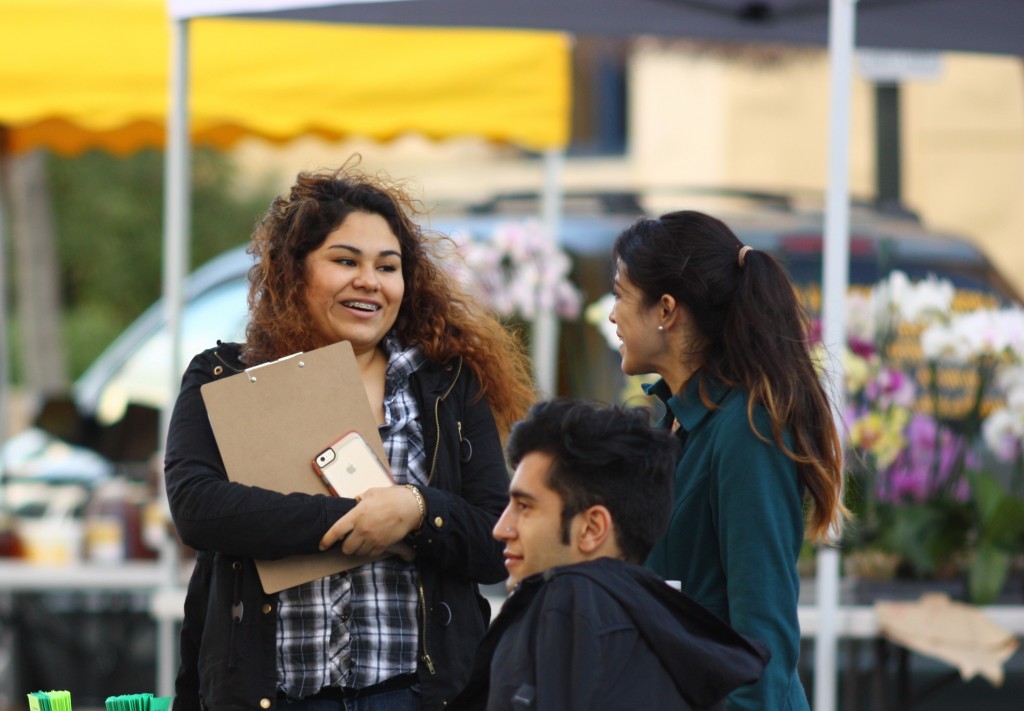
Campus + Community is a developing center at UCSC aimed at making visible the vital work that UCSC faculty, staff, and students perform in local communities as well as supporting ongoing and new community partnerships to have lasting effects in the community. As one of its first tasks, C + C undertook an inventory of community engagement on campus. A total of 150 faculty and staff members completed the survey and indicated they had participated in community-engaged teaching, research, or service in the past five years or since arriving at UCSC (if they were on campus fewer than five years). Key takeaways from the survey include:
- All academic divisions, central administration, the colleges, and many other units were represented in the survey. Social Sciences has the highest rate of community engagement in teaching and research whereas administration (especially non-academic staff working in such units as student resource centers and the arboretum) is the most involved in service.
- In total, we learned about 176 teaching and research projects and 153 service projects over the past five years, with substantial numbers of respondents reporting more than one engagement.
- The top four sectors that projects addressed were: education; health, mental health and well-being; environment; and humanities. Other areas included arts, economy or labor, social justice and organizing, and technology.
- A hallmark of UCSC’s community engagement has been its inclusion of undergraduates. Community-engaged research or teaching projects (including service-learning) involved an estimated 2,566 undergraduates and service projects involved an estimated 339.
- Projects received different kinds of support, including from external funders and internally from UCSC, or both. Research and teaching projects were most likely to receive external support.
- Respondents’ ongoing needs include: additional resources, infrastructure to support coordination and collaboration across the university, better alignment with existing faculty and staff obligations, and a more systematic and equitable acknowledgement of community-engaged work.
- The vast majority of faculty (85%) and staff (75%) respondents were interested in a future community collaboration
Media
UC Santa Cruz and United Way partner to empower youth through research in local communities (UCSC NewsCenter)
This research was supported by the Institute for Social Transformation at the University of California, Santa Cruz. The survey was designed by London, Chris Benner (Sociology, Environmental Studies, and Institute for Social Transformation), Regina Langhout (Psychology) and Darío León (Institute for Social Transformation) and implemented by IRAPS in Summer 2020. We thank Sophie Kennedy and Carol Schimke for their assistance with several of the analyses.


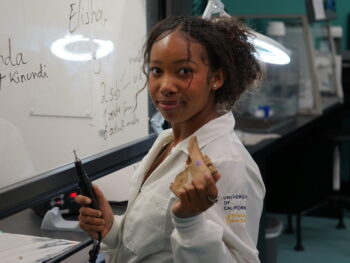
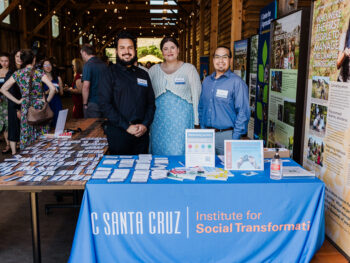
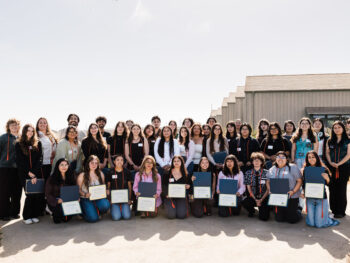

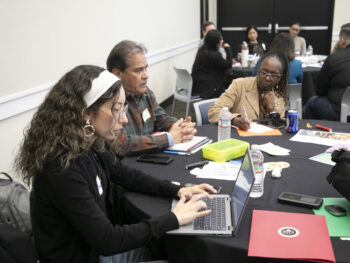
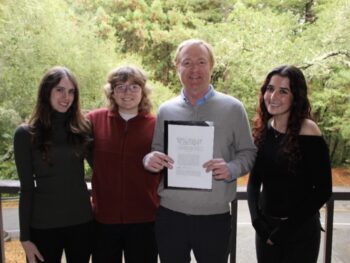
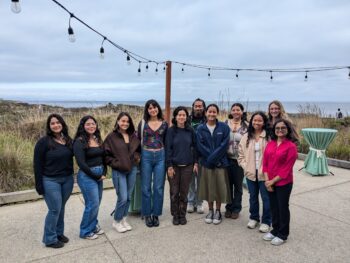
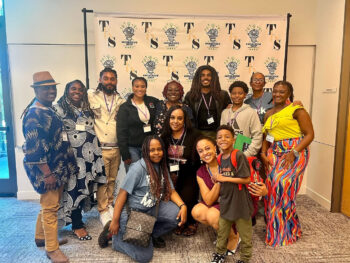
 Q&A with Erika Zavaleta
Q&A with Erika Zavaleta
